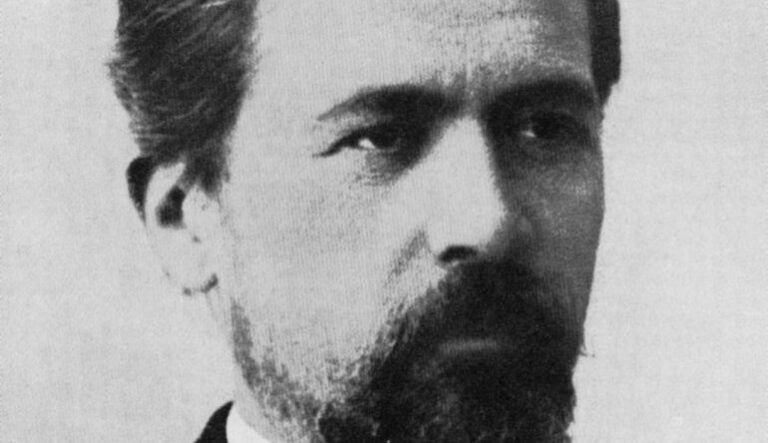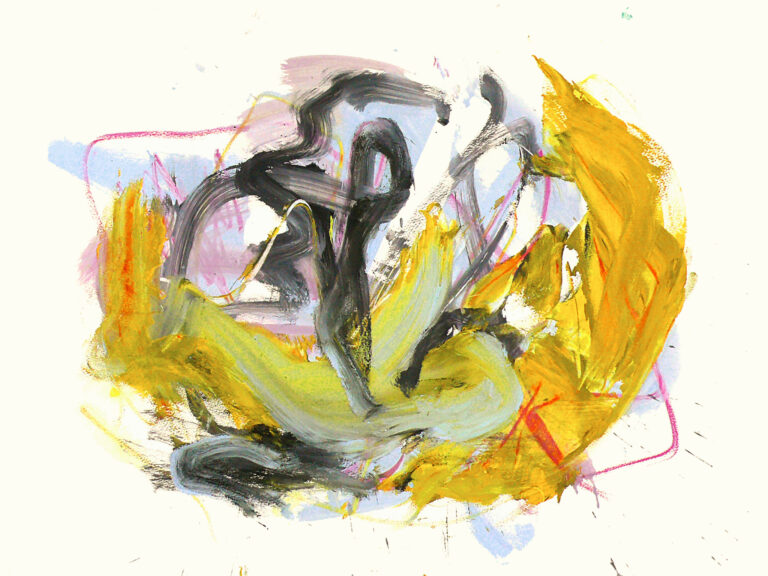“Free Ploughshares” Review: Spring 1991

Issue: Spring 1991
This is a review of a back issue of Ploughshares. The author won our “Free Ploughshares” contest that we hosted earlier this year and agreed to review his/her free issue. This post was written by Anna Zink. Enjoy!
I’ve been picking up Ploughshares‘ Works-in-Progress issue on and off for weeks now, sneaking in pieces while commuting or before I go to bed. It contains a wide variety of genres—poems, journal entries, operas, short stories, and more. I loved the “Works-In-Progress” theme because it allows contributors to put forward more innovative pieces that they’re less comfortable with.
As I read, certain lines pop out at me as if highlighted, their meaning or theme less important than how they sound. I whisper them out loud on the subway and as I mutter about “thick-skinned sons of bitches who spent all day cranking a judicial meat grinder” (David H. Rosenthal, “Manhattan Farewells”), I picture myself among tough men, spitting those words out onto the pavement.
There are pieces like Stephen Berg’s “Porno Diva Numero Uno,” a 36-section song in the form of single transmission, which read unlike any fiction I’ve read before. Without the dictionary’s assistance, I’d describe “single transmission” as a stream of consciousness lacking any punctuation—the words heaped on you all at once. And yet there are moments when you’re caught up in the current of the piece and it’s not pulling you down, but right along with it. The punctuation isn’t necessary because as a human you instinctively understand the natural ebb and flow of words, and punctuation seems a mere translator’s tool.
This issue also includes journals, although each author shies away from labeling them as “journals,” instead referring to them as “entries into ideas” (Louis Simpson) or “channels” (Peter Redgrove), or a vessel for “serving my apprenticeship to myself” (Philip Booth). Philip Booth’s notebook includes words that he’s crossed out, which you can compare to the ones he’s chosen to keep. It’s one of the few occasions where you can see an author struggling to put thoughts into words.
A few pieces really resonated with me. Rachel Hadas’ “The Mailbox” depicts the simple act of running into her mother at the mailbox as an emotional maelstrom. In “The Mailbox” Hadas succeeds in finding words for moments that I’ve always failed to describe—similarly with Tess Gallagher’s “The Valentine Elegies” series. I refrained from pulling out my old stationary set, a stocking-stuffer present from 10 years ago, and writing some adoring fan-letter to them about how they “just get it.”
Reading Ploughshares is a very interactive process. I’m constantly reading lines out loud, writing my own poems, picturing scenes, or following up on references. In this issue I was permitted a glance into the author’s writing process, a fascinating and comforting experience for anyone with any shred of desire to write.
Anna Zink graduated from Carleton College in June 2011, and moved to San Francisco where she works as a research analyst studying health care data. She likes to squeeze in as much reading as she can when not working.


